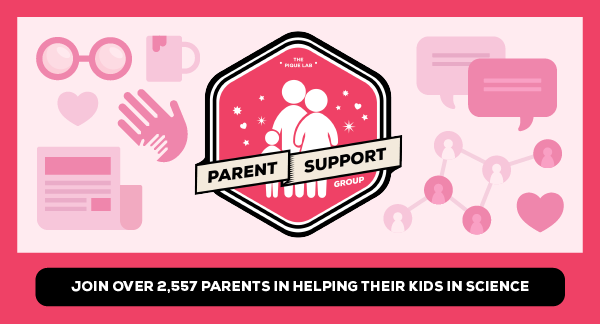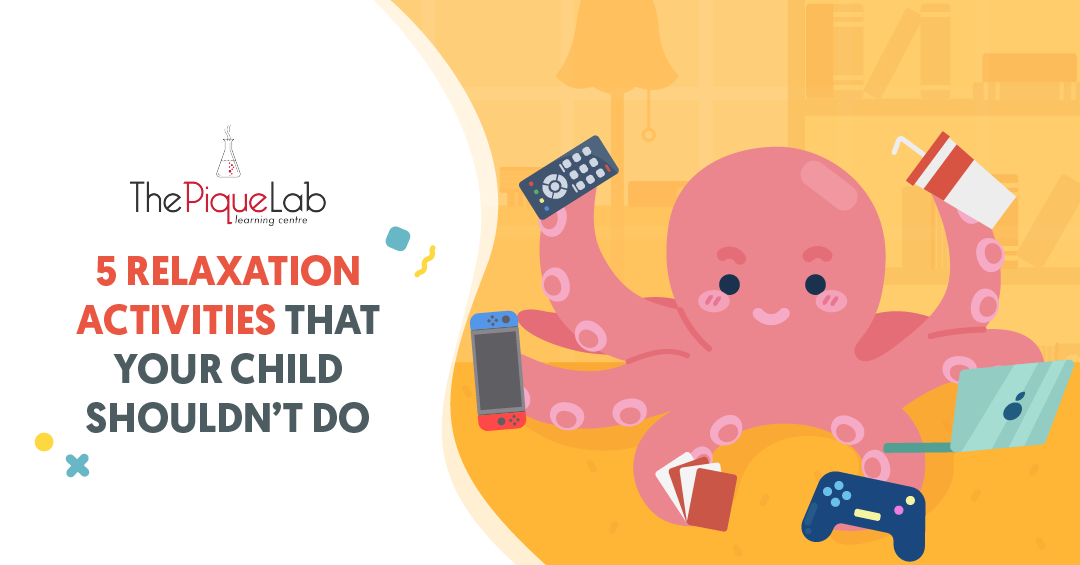People’s self-esteem comprises of the thoughts, feelings and opinions they have about themselves. It is merely what people deem themselves to be and is not a true reflection of their actual ability.
Read Also
Students who have low self-esteem often have an inferiority complex, resulting in detrimental effects on their ability to learn. For example, these students will constantly tell themselves that they are simply not smart enough to pick up new concepts even before trying.
This pessimistic mind-set will cause students to lose every battle even before it begins.
Does your child have a low self-esteem?
If you sense that your child has negative ideas about his or her self-worth and value as a person, do not panic.
Get your child to follow these 7 tips and I am sure that he or she will become a more confident person!
#Tip 1: Alter your inner voice
When something happens to you, your brain will generate thoughts. These thoughts can either be positive or negative. They are known as your inner voice. A person with low self-esteem will often be hearing a pessimistic inner voice.
Silencing the negative inner voice is the way to increasing your self-esteem.
I am not asking your child to lie to himself/ herself.
I am suggesting that your child looks at the two sides of an issue. For example, if your child studies very hard for a class test but did not meet your expectations, instead of telling himself/ herself how stupid he/ she is, find out what went wrong and tell himself/ herself that at least he/ she now know his/ her mistakes and will perform much better during the next major examination.
Always remember not to dwell on the bad! Your child has to focus on the good as well!
#Tip 2: Self-appreciation
This is a simple but fun tip which makes a huge difference in boosting your child’s ego, especially when your child is feeling down.
Firstly, your child needs to be able to identify his/ her positive attributes.
So whenever your child feels upset over anything, take a deep breath and remind himself/ herself of these strengths.
Self-appreciating can turn your child’s negative mood around and supply himself/ herself with plenty of positive energy again!
#Tip 3: Do not compare
When your child starts to compare your abilities, results and what he/ she has achieved with others, your child may develop a destructive habit in himself/ herself.
This is because your child can never be the best. There will always be someone who is better off than him/ her in something in the world. Almost all the time, he/ she will be able to find someone who is more intelligent, has better results and greater achievements than him/ her.
So replace this bad habit with the habit of self-appreciation as aforementioned in Tip 2.
Your child needs to recognise how far he/ she has come. Your child needs to focus on himself/ herself by concentrating only on his/ her results, his/ her achievements and how he/ she can improve the next time. This will motivate your child to do better in future and raises his/ her self-esteem.
Read Also
- The CUE Method To Tackle Data-Based Questions
- The Ultimate Guide To Tackle Animal Classification Questions
- Solving Questions on Electrical Conductors & Insulators Easily
#Tip 4: Replace the perfectionism
Aiming to achieve perfection is impossible. This way of thinking is extremely harmful for your child’s self-esteem.
It can possibly prevent your child from doing anything because he/ she will be afraid of not being able to meet the high standards he/ she has given himself/ herself. This leads to procrastination and he/ she will not get your desired results. As a result, his/ her self-esteem will sink further.
Perfectionism can also cause your child to be never or very rarely satisfied with his/ her accomplishments and performances. This dissatisfaction generates negative opinions and feelings within himself/ herself and plummets his/ her motivation to do something in future.
To overcome perfectionism, he/ she should learn to manage your expectations. For example, when your child studies for a test, he/ she should always ask himself/ herself what he/ she can score realistically. Avoid aiming for full marks unless your child is really excellent in that subject.
#Tip 5: Help others in their work
When your child understands a new concept, share what he/ she has learned with others.
By teaching others, your child will be able to clarify his/ her doubts.
Repeating his/ her train of thoughts to someone will also help reinforce his/ her own understanding.
This helps your child to develop more confidence in himself/ herself.
#Tip 6: Try something new
Your child should try learning something new by challenging himself/ herself to go outside of your comfort zone without the fear of making mistakes.
This beats doing nothing.
After many tries, your child will find out that he/ she has enriched himself/ herself with more knowledge and his/ her opinion of himself/ herself will go up that will surely make your child happy.
#Tip 7: Ensure that your environment influences you in a positive way
Your child’s environment plays an important part in shaping his/ her character.
For example, his/ her friends and family have an influence on what kind of person he/ she will eventually become. However, he/ she fortunately has control over the friends he makes. Hence, he/ she should choose to spend less time with people who are nervous perfectionists and unsupportive of his/ her dreams and goals because these people will spread their pessimism to him/ her.
Try spending more time with optimistic and supportive people who will encourage him/ her when he/ she is down and give a more positive perspective to things when he/ she is troubled. His/ her environment is not limited to just people. It also includes the tangible things that he/ she is exposed to like the books he/ she read and the films he/ she watches.
Spend less time on these things if they make he/ she unsure of himself/ herself and more time on activities that will cause him/ her to feel good about himself/ herself.








